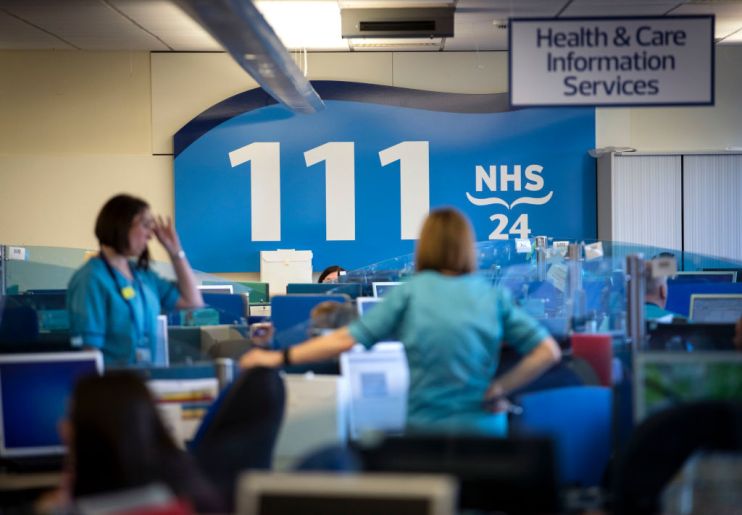Key worker list: These UK staff can still send their children to school amid coronavirus crisis

With schools across the country shutting their gates until further notice to help contain the spread of coronavirus, the government has released a list of so-called key workers deemed essential to the UK’s fight against the pandemic.
Schools will be closed to the majority of children from 23 March, but have been asked to continue to provide care for children with one parent classed as a key worker.
They will also continue to provide care for vulnerable children, including those supported by social care, disabled children, and young carers.
The Department of Health has said that many parents who work in crucial sectors may still be able to care for children at home, adding: “every child who can be safely cared for at home should be”.
The list of key workers has been broken up into eight different categories. These are:
Health and social care
Frontline health and social care staff including doctors, nurses, midwives, paramedics, social workers, care workers.
Also includes the support and specialist staff required for the health and social care sector and those who work in its supply chain.
Education and childcare
Includes nursery and teaching staff, social workers and specialist educational professionals who will be required by the government’s approach.
Key public services
Includes those essential to the working of the justice system, religious staff, charity workers and others who provide key frontline services, and those responsible for managing the deceased. Also includes journalists providing public service broadcasting.
Local and national government
Those with administrative roles essential to the delivery of the government’s Covid-19 response or delivering essential public services, such as the payment of benefits.
Food and other necessary goods
Those involved in food production, processing, distribution, sale and delivery. Also includes those essential to the provision of other key goods, such as hygienic and veterinary medicines.
Public safety and national security
Includes police and support staff, Ministry of Defence civilians, contractor and armed forces personnel critical to key defence and national security outputs and essential to the government’s coronavirus response.
Also fire and rescue service employees, National Crime Agency staff, those maintaining border security, prison and probation staff and other national security roles.
Transport
Those who will keep the air, water, road and rail passenger and freight transport systems operating during the pandemic, including those working on transport systems needed for supply chains.
Utilities, communication and financial services
Includes those needed for essential financial services provision, (including workers in banks, building societies and financial market infrastructure). Staff in the utilities, IT and data infrastructure sectors also included.
Also covers key staff working in the civil nuclear, chemicals, telecommunications, postal services and delivery, payments providers and waste disposal sectors.